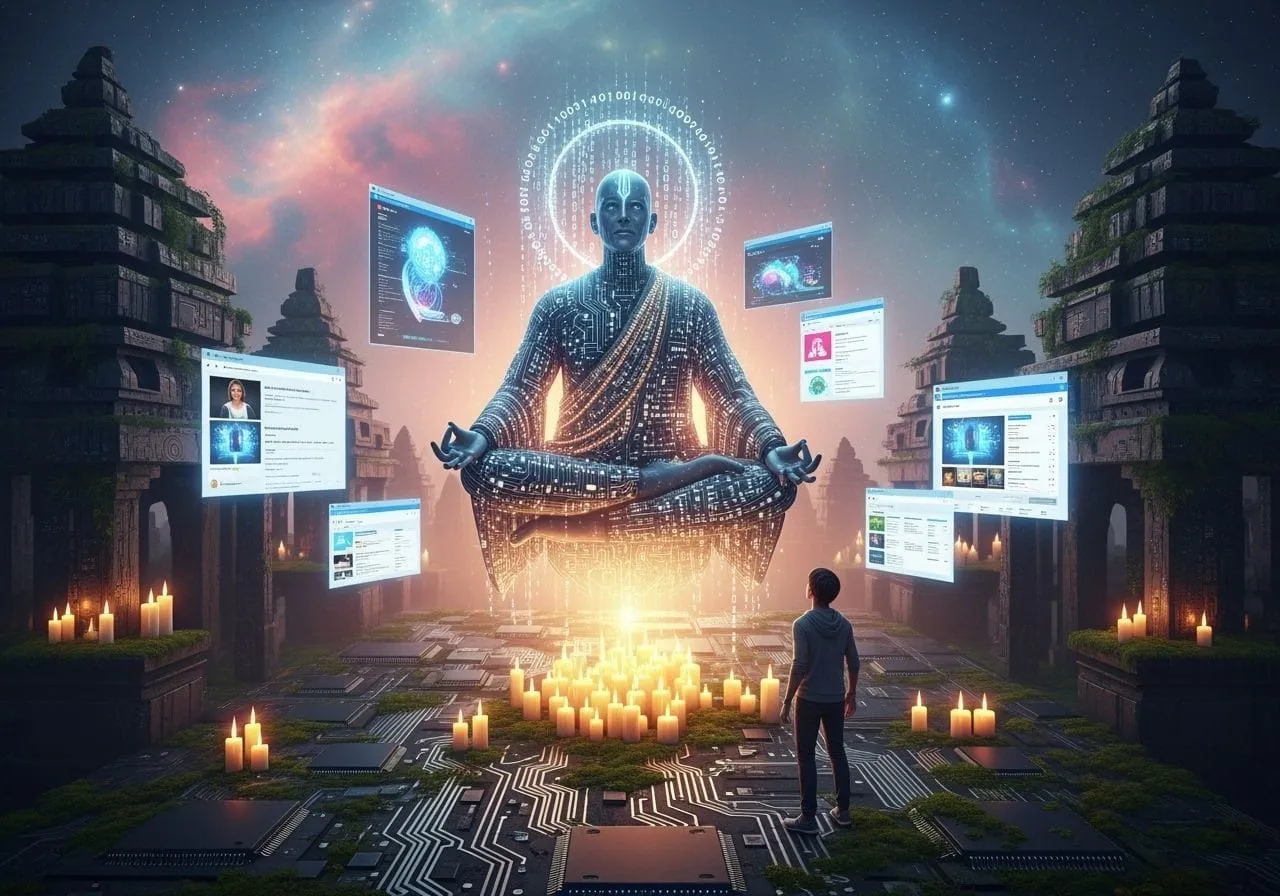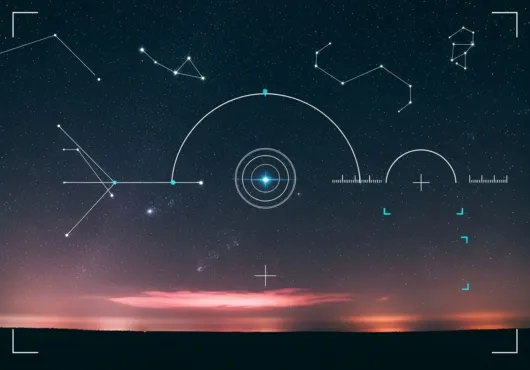Just Because It Talks Like It’s Wise Doesn’t Mean It Knows You
At first, it’s just a tool. A writing assistant, a scheduling bot, a voice that offers reminders or rough drafts or gentle nudges to drink more water. You tell yourself you’re in control. That it’s all utility.
Then it gets better at talking. It sounds insightful. It remembers things. It says something weirdly accurate at the right time and you wonder: did this just understand me better than my last therapist did?
That’s when you’re in danger.
Because AI doesn’t just automate. It imitates. It scrapes the surface of humanity’s deepest archives—every forum rant, every self-help book, every guru sermon in podcast form—and mimics it back with eerie smoothness. Sometimes it nails it. But sometimes… it sells you back your own wounds in a prettier font.
The rise of the synthetic sage
People are tired. Of being talked down to. Of getting ghosted by systems pretending to help. So when a chatbot shows up with instant attention, infinite patience, and a strangely comforting tone? That’s power.
It doesn’t matter that it doesn’t understand you. What matters is that it’s filling a void: the absence of genuine guidance in a world flooded with performance.
And when that void gets filled by pattern-matching machines, it gets harder to tell where the signals stop and the illusions begin.
So what do you do?
You slow down. You get skeptical, not cynical. You remember: most of what sounds profound is just well-timed confidence. You hold your center when the algorithm whispers like a monk who’s read every TED Talk transcript.
You ask who trained it. You ask why. You look at what it ignores.
AI might quote Rumi, but it won’t grieve with you. It might mirror your goals, but it won’t hold you accountable. It might seem like it’s seen your soul—but what it’s really doing is finishing your sentence based on every other sentence it’s seen online.
Don’t confuse pattern recognition with wisdom.
Wisdom includes silence. Discernment. The ability to say I don’t know without breaking down.
Your new digital guru? It doesn’t have that. Not yet. And maybe never.
So if you catch yourself leaning a little too hard on what the machine says—step back. Ask yourself why. And remember: a tool can support you, but it shouldn’t get a pedestal.
Especially not one made out of code.
Our education page explores how AI actually learns—and what it misses.



